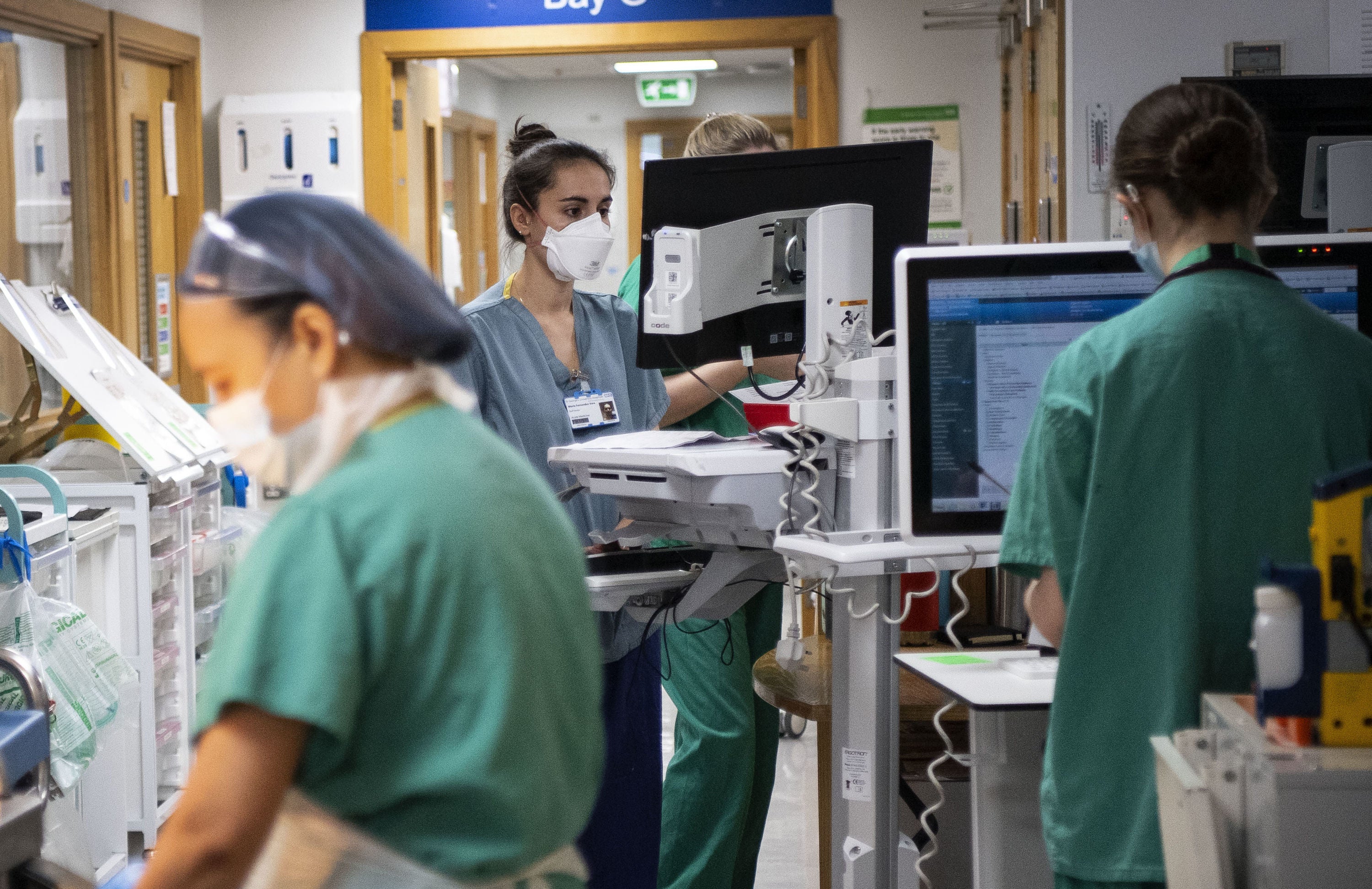The UK’s largest healthcare regulator is not doing its job – and that puts us all at risk
Racism, misogyny and the pressures of a 6,000-case backlog have contributed to appalling decisions within the Nursing and Midwifery Council, writes former chief prosecutor Nazir Afzal – including turning a blind eye to child sex abuse images, serious sexual misconduct and alleged rape


The NHS is broken,” declared the new health secretary, Wes Streeting, last week. And with public satisfaction in the NHS at its lowest ever level, few will argue.
But as a new government begins to inspect the damage, they will soon discover that changes to how we manage the NHS are only part of the solution. If we want to drive up standards, it’s time we took a serious look at the health regulators.
Over the last six months, I have been talking to hundreds of staff at the Nursing and Midwifery Council (NMC), as part of an independent culture review. Our team was commissioned following worrying disclosures by a whistleblower who accused the regulator of failing to tackle serious sexual, physical and racial abuse because of a “culture of fear”.
It’s to their credit that they gave us the freedom to go anywhere and speak to whoever we wanted. Change can only happen when you face up to a problem. But the scale of that problem is much bigger than we imagined.
It wasn’t just bullying, burnout and racism that we came across. This created a dysfunctional environment where a fight for the purpose of the organisation played out.
We saw many dedicated professionals doing their best in tough circumstances. But some were buckling under enormous pressures and this contributed to poor decision making in fitness-to-practice cases. These are where nurses, midwives and nursing associates are investigated over concerns that could place patients at risk, or undermine professional standards or public confidence.
Staff came to us in tears over safeguarding failures – and racism, misogyny, and the pressures of a backlog of 6,000 cases all contributed to appalling decisions.
We heard stories of the NMC turning a blind eye to health professionals being in possession of category A child sex abuse images. In another case, complaints about serious sexual misconduct and alleged rape were made in 2017 and it took until 2024 before a nurse was finally struck off.
Yet, while we saw evidence of inaction on serious cases, there was also a failure to screen out minor incidents, which meant that nurses and midwives were subject to long, drawn-out investigations that lasted many years. These caused enormous distress to those involved, and we know of six deaths by suicide among nurses who were being investigated in the last year. At least one parent places the blame for her daughter’s death squarely with the NMC.
The NMC recognise they are taking far too long to reach “fitness to practice” decisions, and the consequence of this is that neither nurses nor the public are safe. Seen at close quarters through the lens of exhausted and angry staff, this is frightening. But it speaks of a wider failure that the UK has neglected for too long – and that’s taking regulation seriously.
A lack of regulation was behind the Grenfell Tower fire, the contaminated blood scandal and the Post Office Horizon scandal. The failure of Ofsted contributed to a headteacher’s death. A lack of regulation is why water companies are using our rivers as sewers, and it’s ultimately what led to a financial crash that plunged us into recession.
The NMC have said my review represents a “turning point”, and they will be investing £30m into their staff to turn the culture around. However, I doubt they are the only regulator where a dysfunctional culture is leading to bad decisions. Last month, research by Gallup showed that toxic leadership and harmful work practices such as burnout are costing the UK £257bn annually.
Rebuilding trust in our health services and making sure the public are safe is thankfully near the top of the new government’s in-tray. It should start with reforming the regulators.






Join our commenting forum
Join thought-provoking conversations, follow other Independent readers and see their replies
Comments